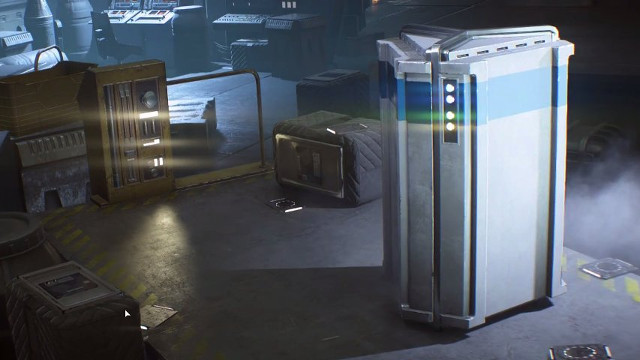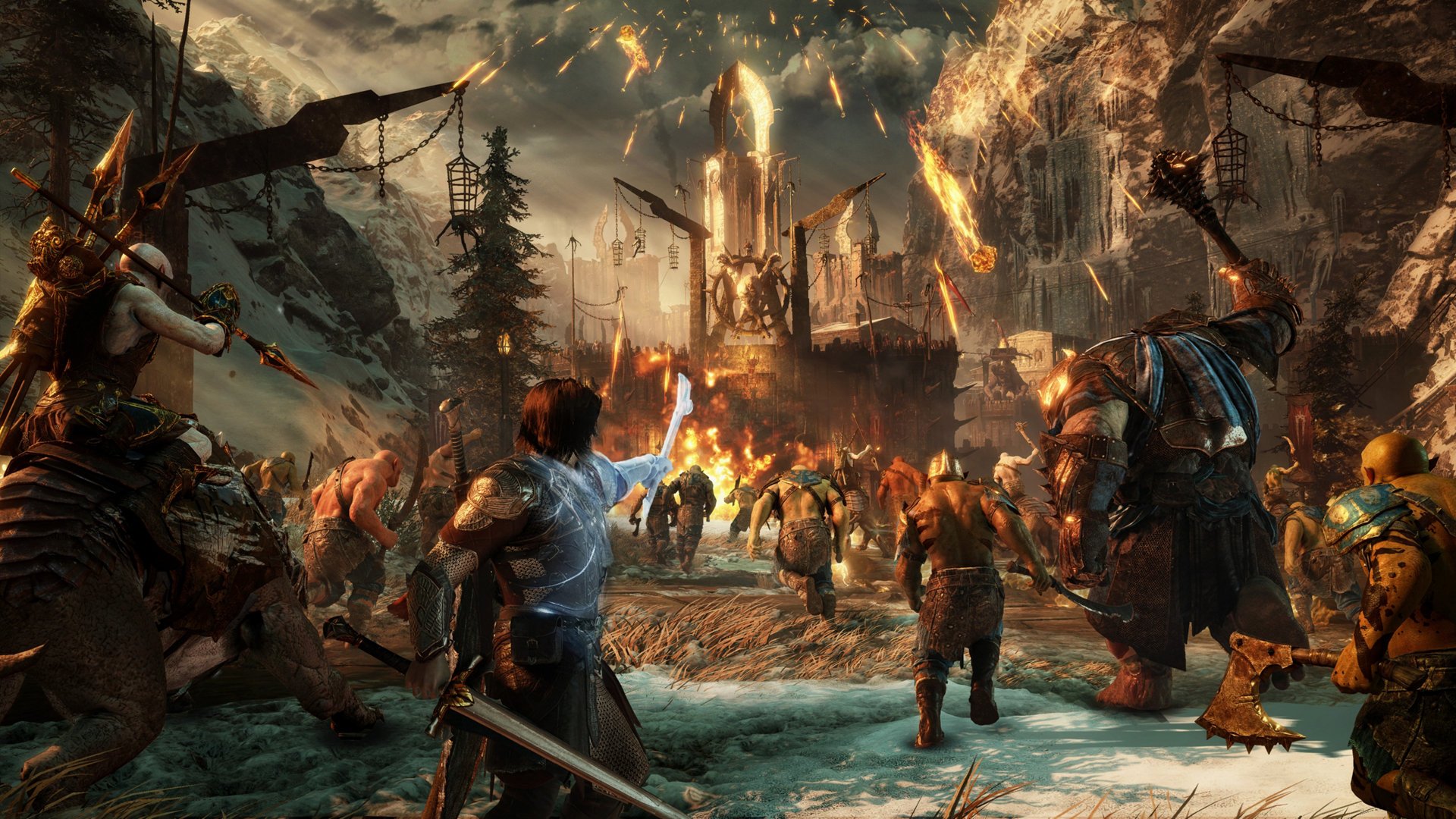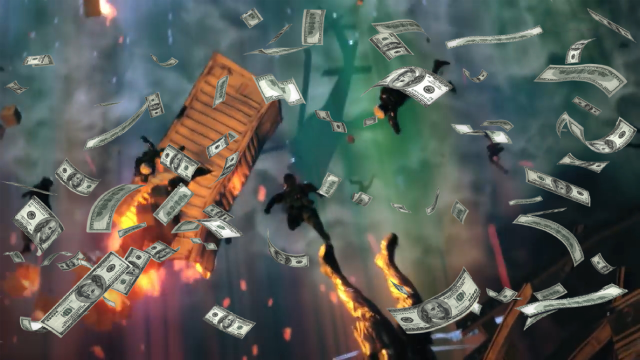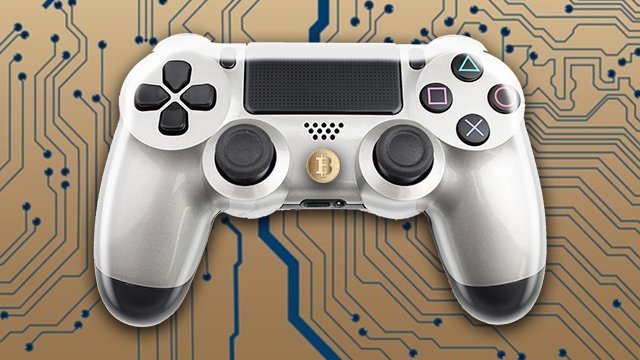Blockchain and the gaming industry share a lot in common. Gamers have typically been perceived as accepting of change from a technical perspective. Proponents of blockchain have pushed for innovation in a variety of industries such as banking, insurance, and finance. The constant desire to improve existing paradigms is endemic to the technologically savvy. It’s only natural, then, for blockchain to intersect with the gaming industry in the near future.
For those that don’t know, blockchain is the term used to describe a technology that aggregates lists of growing records in real-time. Each digital block in a chain contains information of a previous block, transaction data, and timestamps. This data cannot be altered in any way without completely changing every other block.
With popular titles like Fortnite offering players virtual goods through in-game transactions, it’s evident that most gamers are familiar with how digital economies work. The obvious next step in the evolution of digital purchasing lies in allowing fans the ability to truly own the virtual items they buy. Blockchain is the key here.
Blockchain in Gaming – Own It for Real

Gamers buy virtual characters, items, resources, currencies, and more every day. Microtransactions in video games have doubled in revenue since 2012. As the trend of in-game spending continues on an upward trajectory, game economies will be more closely scrutinized. If the backlash from last year’s Star Wars Battlefront 2 serves as any indication, developers may not have complete dominion of every transaction occurring within their games’ universes for much longer.
The middle ground, then, lies in allowing users a degree of control over the game economies they effectively already run. By utilizing blockchain technology properly, developers can allow virtual items to increase in value as digital infrastructures automatically account for purchasing, trading, and gifting on the market. Users will be able to sell their own goods in-game as well, aiding in data collection and the in-game economic structure.
Offering players true ownership of virtual items and the ability to trade freely means they will be continuously rewarded for their efforts and purchasing habits. This will encourage them to play further and spend more money. The decentralization of digital economies confers better guarantees on the value and tradability of in-game items. With games-as-a-service models becoming the industry norm, adopting blockchain seems like a no-brainer from a consumer-facing perspective.
Blockchain in Gaming – More Money for Game Developers

Though the decentralization of in-game economies may seem like a bad idea for developers, the reverse is true. Blockchain opens up new ways to monetize while reducing the costs of payment processing. Digital currencies handled by a constantly updated back-end will essentially result in negligible out-of-pocket costs for microtransactions. This means that developers will be able to make more money for less in-game purchases.
Through blockchain, monetization of in-game items becomes less annoying to consumers, too. It would encourage users to actively seek out those virtual goods that are more valuable within a digital economy. For example, developers can create limited edition items according to the data received through a blockchain. As rare items are introduced and scarcity is enforced, players will want to know when a developer will release the next limited good in a series or collection. They will, of course, be able to do what they want with the rare items they’ve procured, as it is wholly their own property via the blockchain.
Applying these simple laws of supply and demand within an in-game economy would naturally encourage players to keep track of digital goods on their own accord. They may even open web pages that pull data from a public version of the blockchain for real-time value statistics. This, in part, fosters a sense of community and devotion to a game – both invaluable assets to developers.
Blockchain in Gaming – Changing Public Opinion

The biggest obstacle that blockchain technology has in the gaming space is getting past negative public opinion. Suffice to say that in-game transactions are a heated topic among passionate fans in the industry. While it’s ill-advised to attempt to change public opinion, developers should try their best to present all the benefits of blockchain to consumers when the opportunity presents itself in due time. In-game transactions are here to stay, especially for the sake of the hard-working developers whose families need to be fed. Blockchain may be the revolutionary next step that can appeal to both buyers and sellers in the medium. It just needs to be presented in the right manner to succeed.
What are your opinions on blockchain in gaming? Let us know in the comments below!







